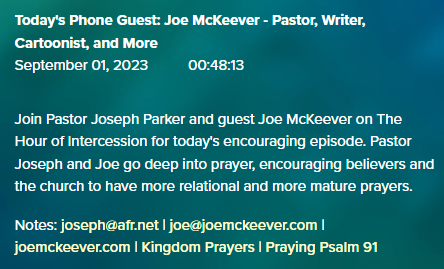t’s actually several facets of the same thing: I’m speaking for God.
Imagine such a thing.
Lives hang in the balance.
People are making decisions about God based on something I say.
People are making choices about their eternal destiny based on something I say.
Is this frightening or what?
What if I get it wrong?
What if I misrepresent God?
What if I leave out an important aspect, something that changes everything?
What if people draw nigh unto me and love me and think that’s the same as loving God?
What if I stupidly think because they love me that all is well with their soul and so ease up once I find they like me?
What if I manipulate those who trust in me into doing things for me, instead of for God?
What if I forget my place, that I’m only a messenger, and begin to believe this is all about me?
God help me.
God help all pastors. Not all, we begrudgingly admit, are called of God or are spiritually mature or know their Bibles. Not all, we sadly confess, love the Lord nor His people nor His gospel.
Pray for your pastor. When he does his work well, people live forever in the sunshine of God’s love and in the joy of His presence. When he does it poorly, everyone suffers.
Your pastor knows something you may not realize: He is not adequate for the assignment God has called him to and for which your church has employed him. Scripture says, “We are not adequate for these things; but our adequacy is of God” (2 Corinthians 3:5).
Unless he stays close to the Lord and the Heavenly Father safeguard him, instruct him from the Word, and guide him in the ministry of that word, his work will be carnal and infinitely flawed.
I have observed some ministers offering “infinitely flawed” service to the Lord, and it’s not a pretty sight.
Pray for your minister. Pray for the Lord to protect the pastor, give him wisdom and discernment, strengthen him to say ‘no’ to lesser things and ‘yes’ to righteousness, and to empower him in the study and in the pulpit.
After praying, do one thing more, a real biggie. Leave the answer to your prayer with the Father. That is to say, do not look at what the pastor is doing to decide to what extent God is hearing and answering your requests. Ask the Father, then leave it with Him.
Pray for the pastor, then trust the Lord.
Thousands will thank you in eternity. I promise.

